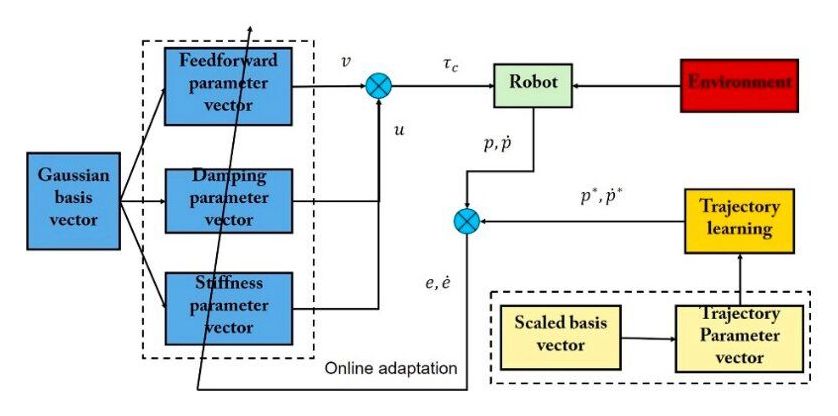This is only the Beginning.
Quantum physicist Mario Krenn remembers sitting in a café in Vienna in early 2016, poring over computer printouts, trying to make sense of what MELVIN had found. MELVIN was a machine-learning algorithm Krenn had built, a kind of artificial intelligence. Its job was to mix and match the building blocks of standard quantum experiments and find solutions to new problems. And it did find many interesting ones. But there was one that made no sense.
“The first thing I thought was, ‘My program has a bug, because the solution cannot exist,’” Krenn says. MELVIN had seemingly solved the problem of creating highly complex entangled states involving multiple photons (entangled states being those that once made Albert Einstein invoke the specter of “spooky action at a distance”). Krenn and his colleagues had not explicitly provided MELVIN the rules needed to generate such complex states, yet it had found a way. Eventually, he realized that the algorithm had rediscovered a type of experimental arrangement that had been devised in the early 1990s. But those experiments had been much simpler. MELVIN had cracked a far more complex puzzle.
“When we understood what was going on, we were immediately able to generalize [the solution],” says Krenn, who is now at the University of Toronto. Since then, other teams have started performing the experiments identified by MELVIN, allowing them to test the conceptual underpinnings of quantum mechanics in new ways. Meanwhile Krenn, Anton Zeilinger of the University of Vienna and their colleagues have refined their machine-learning algorithms. Their latest effort, an AI called THESEUS, has upped the ante: it is orders of magnitude faster than MELVIN, and humans can readily parse its output. While it would take Krenn and his colleagues days or even weeks to understand MELVIN’s meanderings, they can almost immediately figure out what THESEUS is saying.






